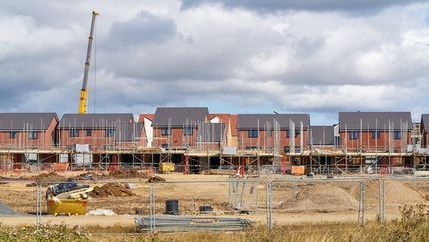
Following engagement with MPs and stakeholders, the UK Government wants to ensure local authorities are able to build the right number of the right style of homes in the right places, alongside the appropriate infrastructure.
During the housing planning process, it must start with an advisable number though not mandatory. It will be up to local authorities to collaborate with their communities to determine the number of homes that can be built.
Michael Gove MP, Secretary of State for Levelling Up stated changes will also be made in an upcoming National Planning Policy Framework prospectus which will be released for consultation at end of December 2022. This will include instructing the Planning Inspectorate that they should no longer override sensible local decision-making, which is sensitive to and reflects local constraints and concerns.
Landscapes such as National Parks, Areas of Outstanding Natural Beauty, and the Green Belt will remain protected through robust national and local planning policies with new guidance for local authorities. However, Brownfield land will be prioritised for development, with a review of how such sites are used.
Michael Gove MP, Secretary of State for Levelling Up, in response to requests from MPs, has asked the Competition and Markets Authority to do a market study on housebuilding, with the purpose of ensuring that the market is truly competitive and benefitting consumers.
Alongside measures in the Bill to tackle slow build-out by developers, the UK Government will consider:
- Make sure that local authorities whose land has permission are not punished under the housing delivery test when the developers who are not building
- New financial penalties for companies failing to deliver housing despite having planning approval and give councils powers to then refuse further planning permission to those companies
Short-term lets
The Bill already includes powers for councils to apply a council tax premium of up to 100% on empty and second homes but given concerns local people are often forced out of the market by short-term lets, the UK Government is going further by establishing a registration scheme for these properties. They will also consult on whether planning permission should be required for new short-term lets, especially in tourist hotspots.





